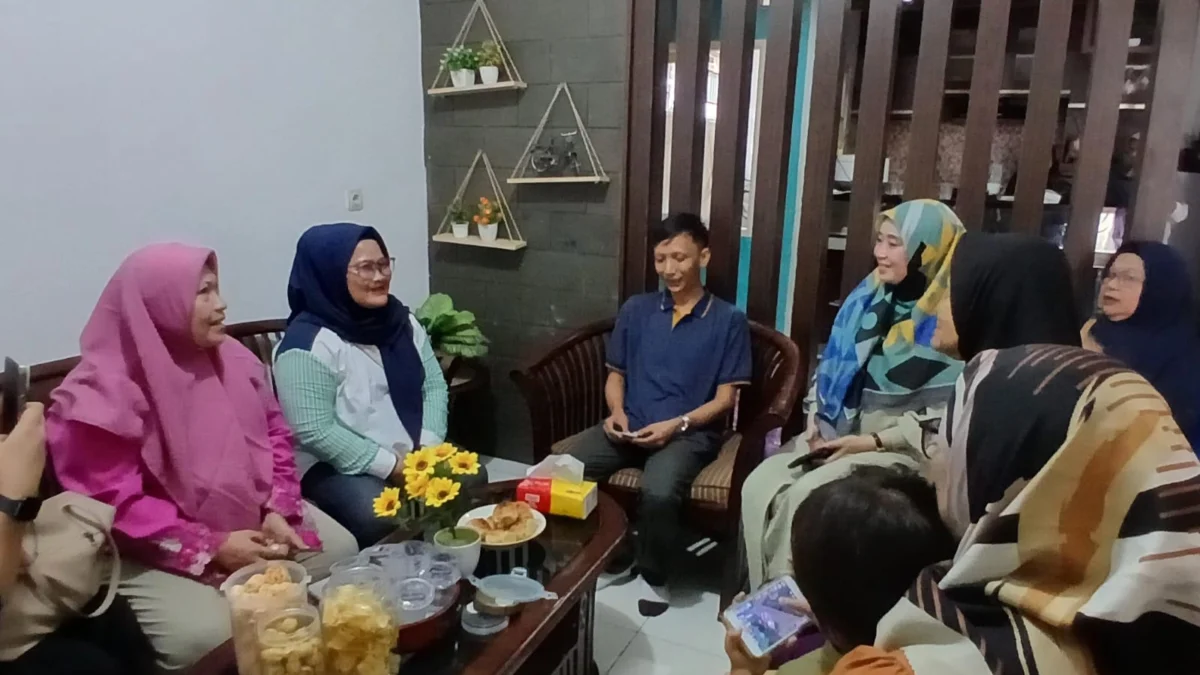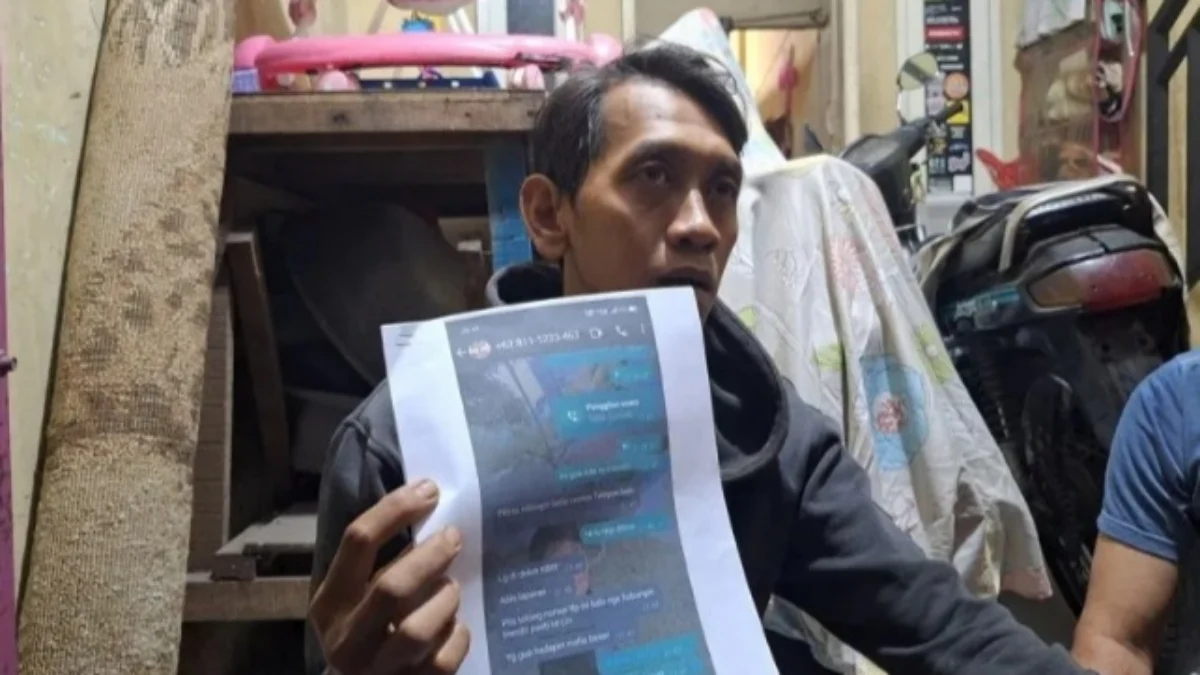The current Thai government does seem close to the Myanmar junta, especially since Myanmar is a source of cross-border trade, migrant workers, and natural gas for Thailand.
The question is why the initiative was rushed and out of the corridor of ASEAN chairmanship.
Some suspect that the government of Prime Minister Prayuth Chan-ocha is guarding against a major reversal in Thailand’s foreign policy ahead of a new government coming in next August after the opposition wins the May 2023 elections.
Can’t do it alone
Prayuth Chan-ocha is trying to give legitimacy to the Myanmar junta which will ultimately make it difficult for the next Thai civilian government to do much, let alone make a breakthrough in the Myanmar conflict.
This is because in September this year the ASEAN chairmanship will be taken over by Laos, which is also accommodating to the Myanmar junta and attended the talks in Pattaya on Monday, June 19 as initiated by Thailand.
However, the day after the Pattaya meeting, Thai Prime Ministerial candidate and Move Forward Party leader Pita Limjaroenrat reiterated support for an ASEAN peaceful solution to Myanmar.
Even if domestic political considerations are more indicative of political factional fighting within Thailand rather than reflecting the country’s true national interests, Thailand’s maneuvering in inviting the junta remains unfortunate.
Prayuth Chan-ocha’s government argues that Thailand was forced to take this step because the direct impact it faces from the Myanmar crisis is much more real and greater than that felt by other ASEAN countries, given that Thailand has a very long border with Myanmar.
Ironically, this reasoning was countered by Thailand’s election results last month with the majority of Thais rejecting Prayuth Chan-ocha’s interpretation of government power, including in relation to solutions in Myanmar.
Most Thais actually voted for opposition parties, especially the Move Forward Party led by Pita Limjaroenrat, which among its promises to bring Thailand back into the big ASEAN vehicle, not only for the sake of Thai considerations or let alone certain countries that influence Thailand’s attitude orientation, including China.






